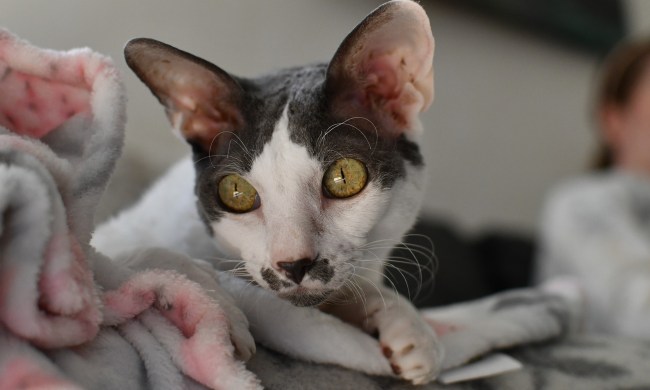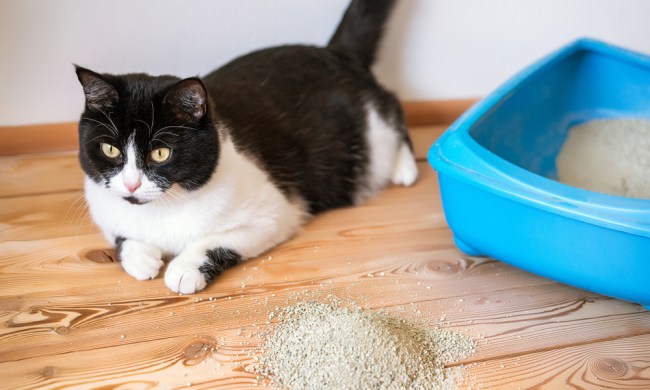Your feline fur baby is your best friend, your constant companion, and your source of endless entertainment. But is your cat also your protector? While prospective burglars frequently avoid houses with dogs, they might be overlooking another potential obstacle standing between them and your belongings: guard cats. Although cats aren’t typically associated with protectiveness, some breeds are almost doglike in their devotion and drive to look after their favorite humans. Which cat breeds are the most protective of their pet parents? Let’s find out.
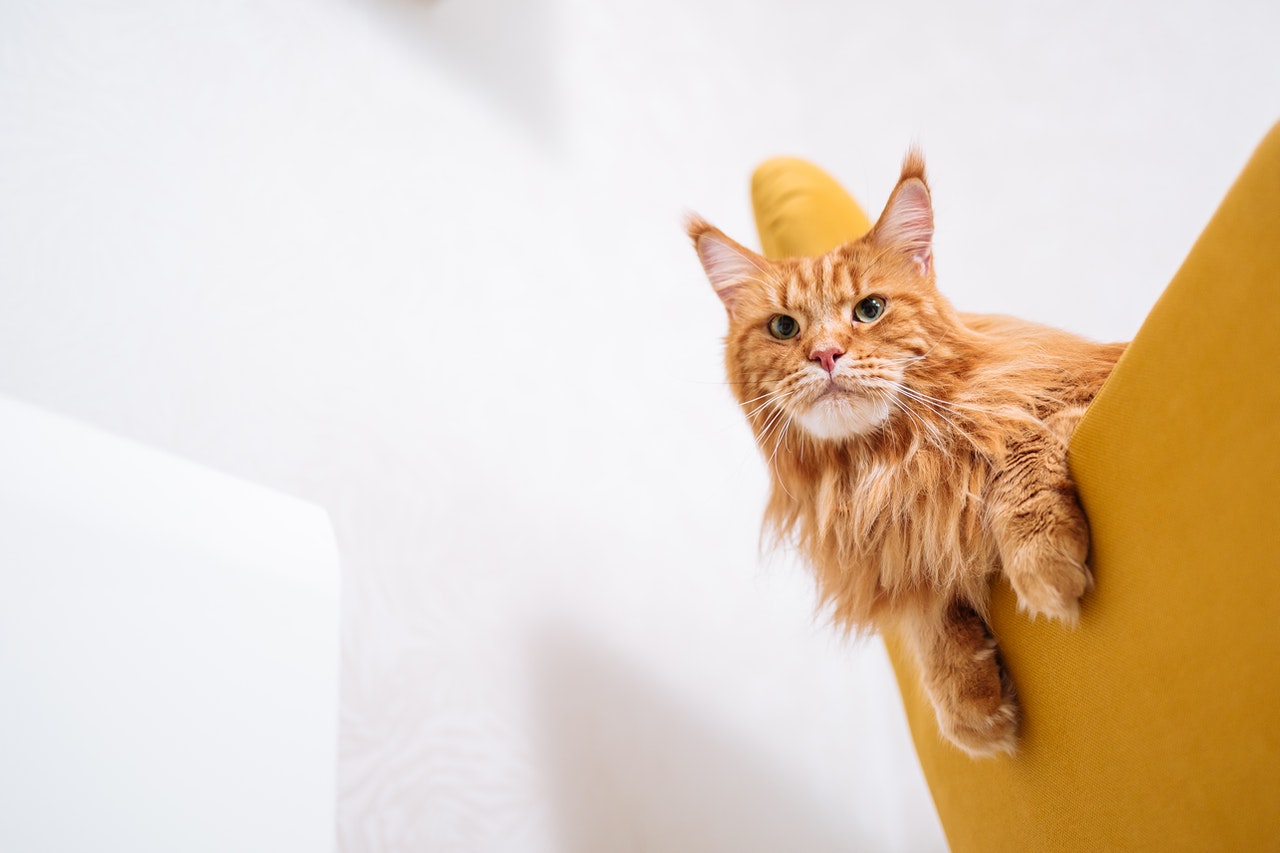
Can a cat be a guard cat?
Cats have garnered a reputation for being fiercely independent, sometimes to the point of being aloof, but pet parents know that’s not always the case. As it turns out, we have science on our side. A study published in 2011 conclusively states that “cat-human relationships are nearly identical to human-only bonds,” proving what cat lovers have known all along: We love our feline fur babies, and they love us just as much.
From alerting their pet parents to carbon monoxide leaks to protecting young children from aggressive dogs, cats are rapidly earning a new reputation — that of loyal protectors. In some cases, cats are even protective of humans they don’t know. One cat, the world-famous Masha, found an abandoned baby and draped herself over him to prevent him from freezing in Russia’s harsh climate. She meowed loudly until the boy was found by her human, Irina Lavrova. When Lavrova called an ambulance to retrieve the boy, Masha attempted to follow the paramedics and continued meowing. (We like to think she was giving the paramedics strict instructions on how to properly care for the tiny human she’d saved.)
What is the most protective cat?
Just like dogs — and humans — every cat has her own personality. Some fur babies are happiest sleeping in your lap, while others will spend hours chasing a laser toy around the house. That being said, some breeds tend to have a somewhat doglike protective streak. If you’re looking for a cat who’s likely to guard you, these are the best breeds for you.
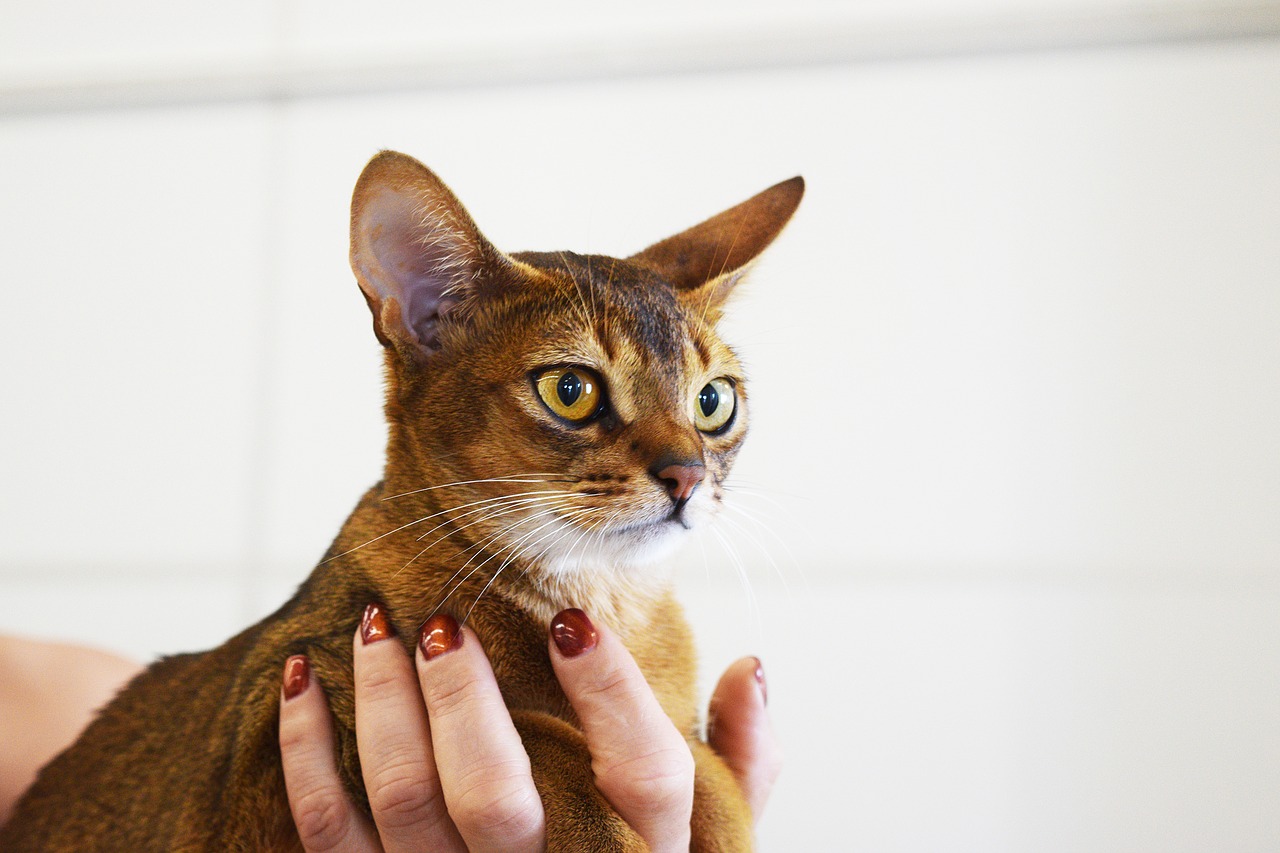
Abyssinian
Famous for their keen intelligence and stunning, ticked coats, Abyssinian cats are one of the most loyal breeds in the world. They’re also one of the most inquisitive, earning the breed the nickname “Aby-grabbys.” Abys are well-known for being dedicated to their human family members. In fact, this friendly, affectionate breed can get along well with other cats, dogs, and even parrots.
Burmese
Despite being affectionately known as “Velcro cats” for their tendency to cling to their pet parents, Burmese cats aren’t inclined to tolerate threats — real or perceived — to their human family members. One viral video captured a pair of Burmese cats standing guard over a newborn. Six years later, they’re still protecting their tiny human with the same ferocious dedication. (Good luck to her parents. Sending her to bed with those two around must be a challenge.)
Maine coon
These massive balls of fluff only look like teddy bears. In reality, Maine coons are as fiercely protective of their humans as they are their kittens. Immensely clever and territorial, Maine coons have been known to display their protective instincts by pouncing, scratching, and biting at intruders. Some Maine coons even growl at mail carriers and visitors. While you probably appreciate her protectiveness, you’ll want to take steps to curb aggression before it becomes a problem.
Siamese
One of the most instantly recognizable cats in the world, the Siamese cat is famous for his love of heights and acrobatic jumps. In fact, the breed was used to guard the King of Siam’s temple, surrounding the throne perched on columns, leaping on would-be assailants if they approached. Nowadays, these purring protectors have to be content with guarding us while we binge-watch TV from our sofa. Talk about being demoted.
Can cats act like guard cats?
Here’s the thing: every cat is different. Some cats can be trained to guard your home, while other frisky felines have an innate desire to protect their territory and their humans. And, yes, some cats will happily greet a burglar at the front door and begin demanding treats and head scratches. It all depends on your cat’s temperament. If your fur baby hisses and growls when someone approaches his food bowl or picks up one of his toys, he’ll be much more likely to greet an intruder with his claws out. (We sincerely hope you never have to find out how your cat will respond during a home invasion.)
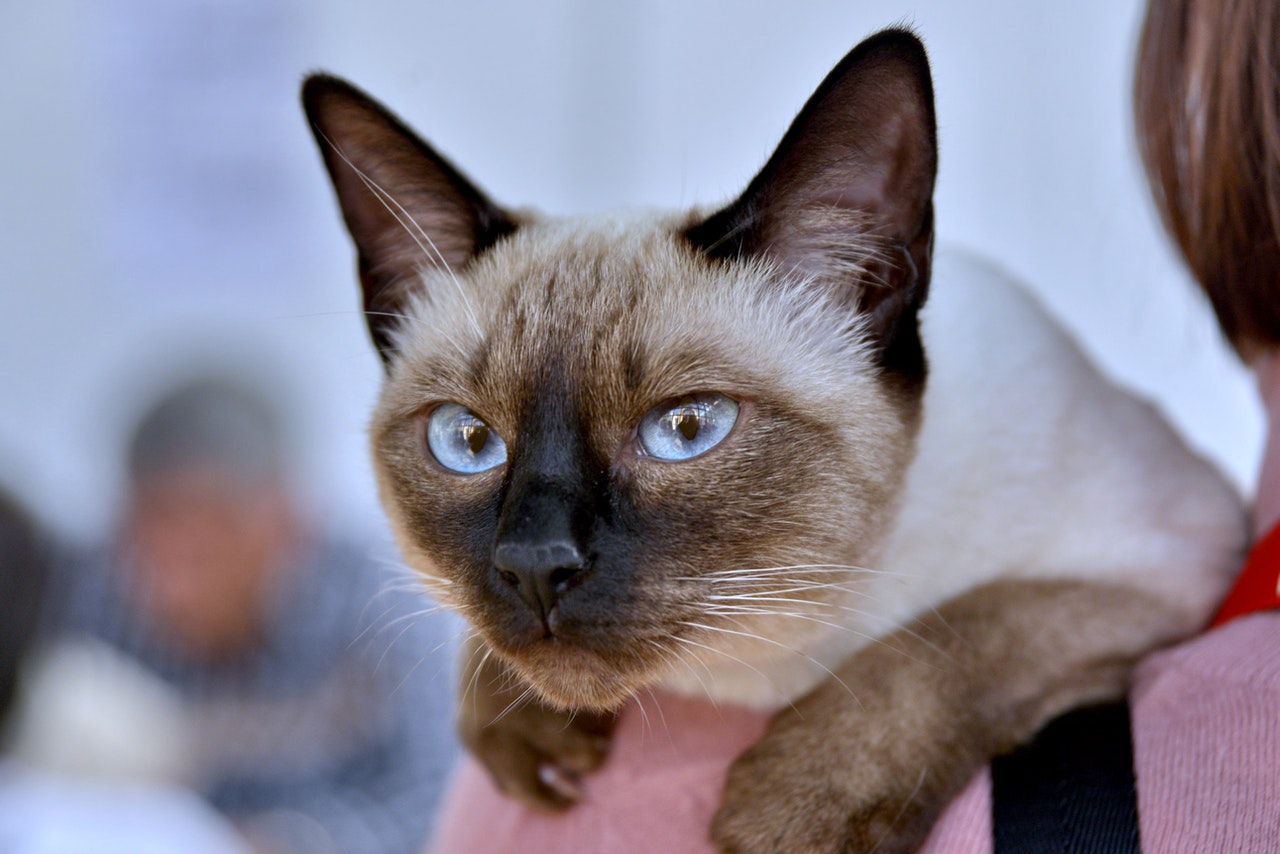
Not even scientists know why some cats are protective and others are stereotypical scaredy-cats. Certain cat breeds are more likely to guard your home and belongings than others. Russian blues are notoriously fearful, while Abyssinians are famously fearless. But if you’re looking for a foolproof way to keep out burglars, you’re better off investing in a good security system.

